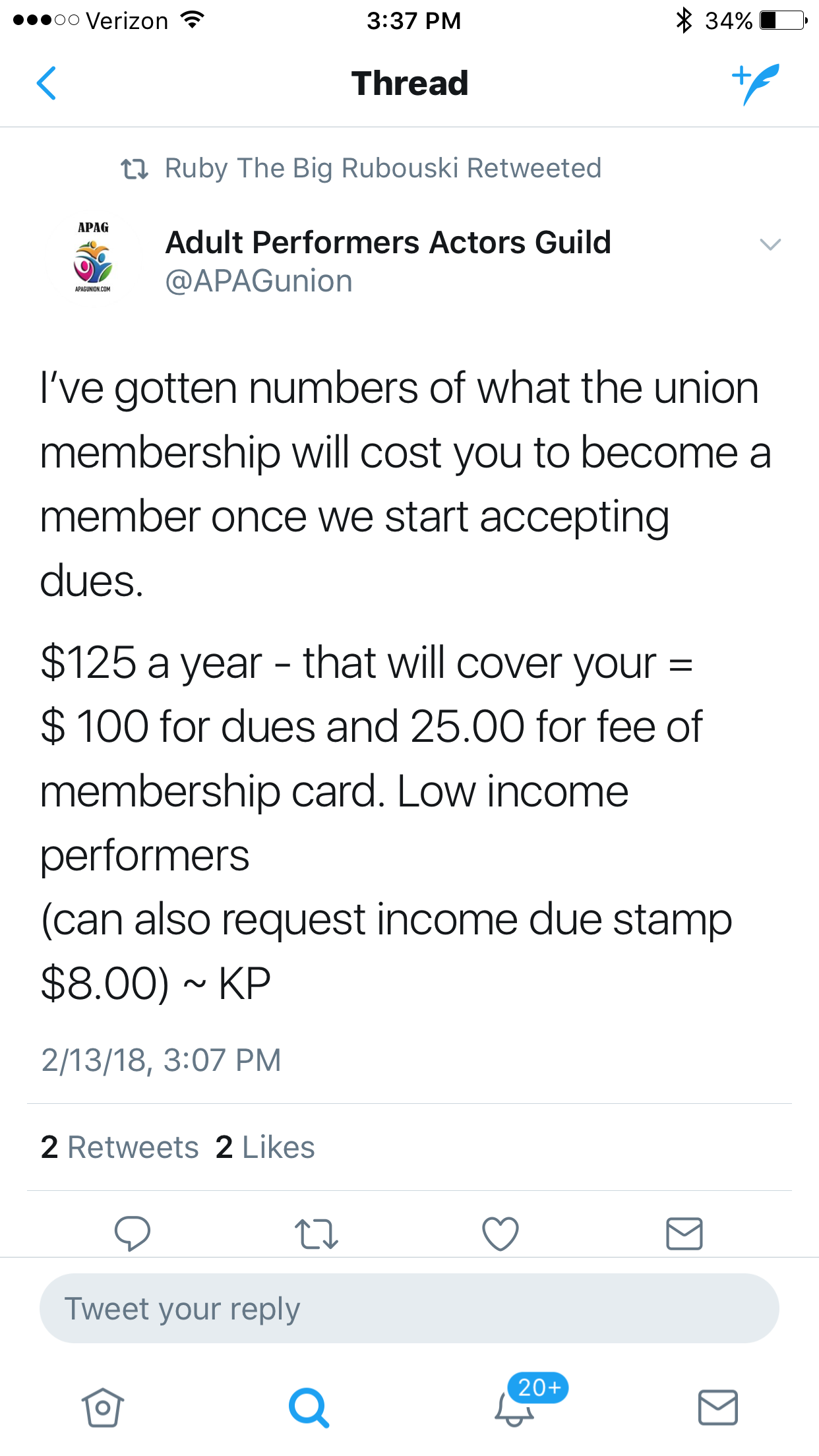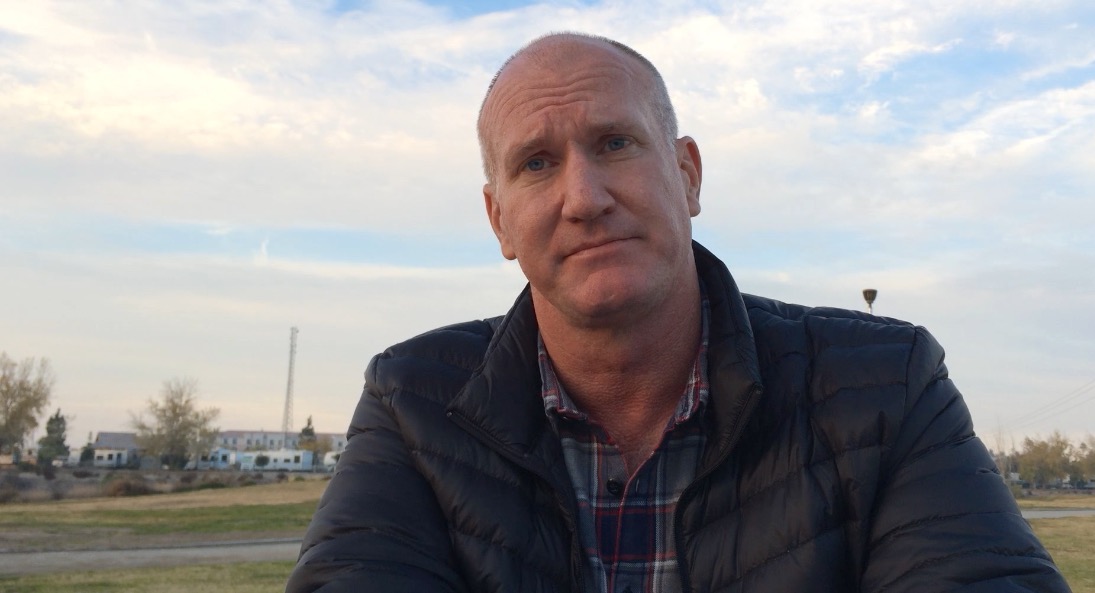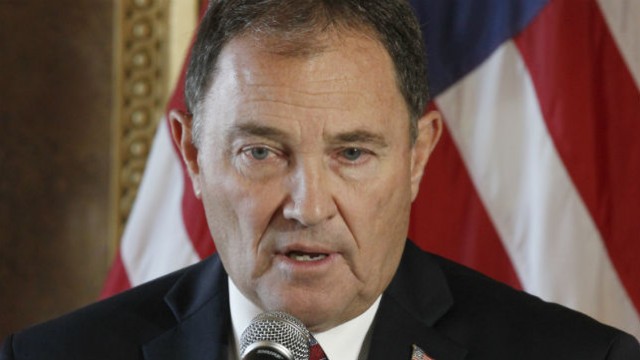Campaigners need to see how their well-meaning efforts may actually make the very sex workers they seek to rescue less safe
New York Times columnist Nicholas Kristof is on the move and his latest target is the Village Voice. This attack appears to be part of a broader campaign to shut down the sex industry and to rescue and rehabilitate women and girls working in it. Kristof’s allies range from women’s rights organizations to religious organizations.
To make a topical comparison, the critical lens applied to Kony2012 provides renewed faith, however, that we are capable of delving beneath the surface of the many campaigns of Kristof and company.
We must apply these same critical impulses to the crusades against sex trafficking. In other words, we know that children should not be soldiers, and women and girls should not be exploited, but that doesn’t mean that we should not interrogate the consequences of advocacy efforts.
How has support for anti-sex trafficking efforts and organizations gone awry?
First, anti-sex trafficking activism has an extremely negative impact on HIV programs. Sex workers are highly vulnerable to contracting HIV.
A key victory for anti-sex trafficking organizations was the insertion of the anti-prostitution loyalty oath (APLO) into the US Leadership Act for HIV/Aids, TB, and malaria. This provision requires that organizations agree to oppose prostitution and sex trafficking.
The APLO has the effect of disempowering sex worker organizations who refuse to sign on, shutting health services for sex workers, and alienating sex workers from public health programs.
Further, implementation of the APLO alongside raids and “rescues” disrupts HIV projects that have sex workers as peer-educators and leaders. Attempts to provide necessary health services to sex workers may lead to accusations of aiding in trafficking.
Despite these negative outcomes, anti-sex-trafficking organizations, including women’s rights groups, support the US government in their effort to implement the APLO to the detriment of women’s health.
Second, when women and girls are “rescued” by the anti-trafficking organizations, they may be taken to state-run rehabilitation homes that have jail-like conditions.
Human rights and sex worker organizations have long documented what rehabilitation might mean for a sex worker: overcrowded conditions, a lack of healthcare, and violence at the hands of the police and guards.
The rehabilitation activities of some organizations are also often suspect – the staff of a rehabilitation home in Maharashtra, India that I visited last year told me that one of their rehabilitation activities includes getting the rescued women married.
Finally, the ongoing attempt to shut down safe places where sex workers can advertise services, like the Village Voice and Craig’s List, drives sex work underground and makes sex workers less capable of screening clients. The cast of characters that feature in Kristof’s blogs and Twitter feed, who call for the closure of “adult advertising”, and who advocate for provisions like the anti-prostitution loyalty oath are often one and the same.
Not being able to do business in the open means that sex workers are driven to dark and hidden places to conduct business. This makes sex work unsafe.
We must interrogate when advocacy puts lives at risk and shuts down HIV services for the most marginalized. Kristof has become the pied piper of anti-sex trafficking efforts for many well-meaning people and organizations in North America and beyond. To follow without question is dangerous.
Source. The guardian.com







[…] a former sex slave who said her eye was gouged out by a brothel-keeper. New York Times columnist Nicholas Kristof, one of Mam’s strongest supporters, wrote about Pros and his “hero” […]